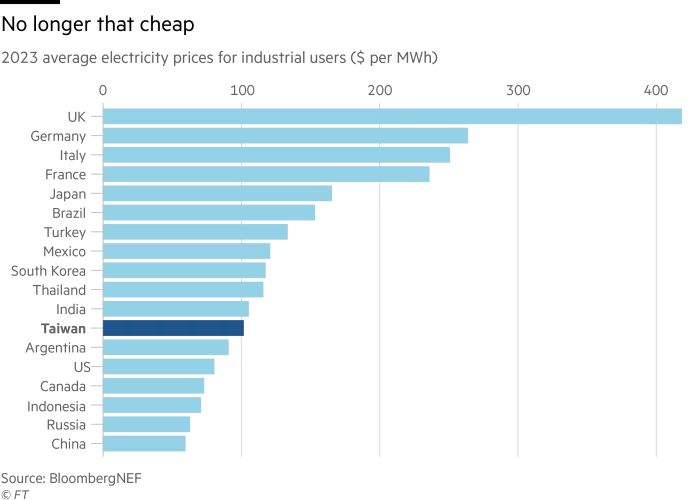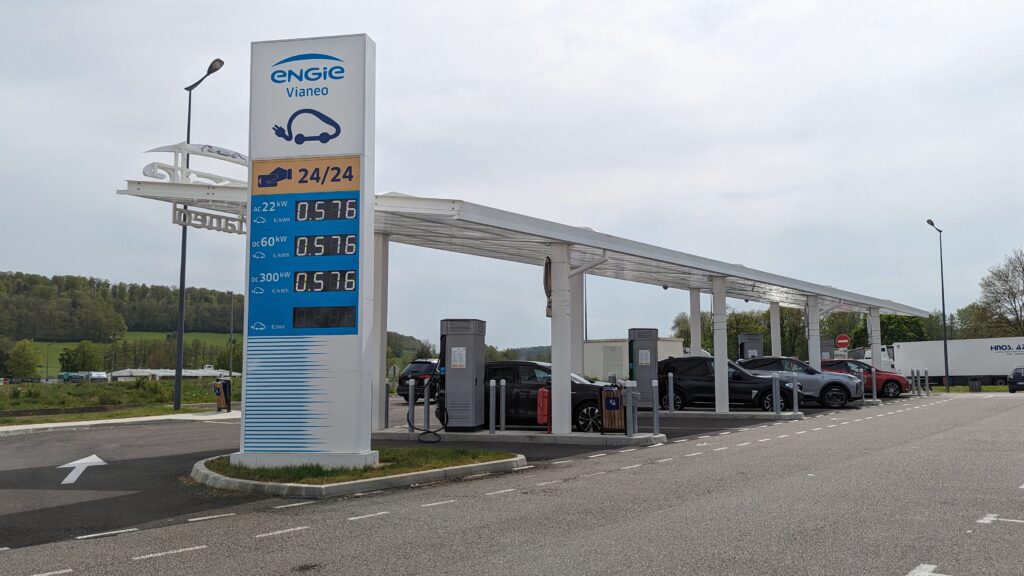France has carbon-free electricity, but its prohibitive cost is slowing down the industry and the growth of electric cars. And it’s not better in the rest of Europe, which is what inspired the editorial in the Watt Else newsletter of November 14.
In France, we don’t have oil, but we have ideas, and especially carbon-free electricity. What should be a strength of our country is, unfortunately, poorly exploited. However, is there a better argument to facilitate the ecological transition to electric cars or to attract manufacturers to set up?
No need to look for long to find out what’s wrong, all French people are already well aware of this on a daily basis: the price of electricity is a problem. However, we are not the most to complain about in Europe: our English, Italian and German neighbors are faced with even steeper prices. While individuals have been somewhat protected, professionals have taken the full brunt of significant increases in the cost of electricity, to the point of threatening European industrial activities.
Competitiveness for absent subscribers
When it comes to finding a culprit for the relocation of the industrial fabric in Western Europe, the cost of labor has long been singled out. The cost of electricity now weighs heavily in the balance, too. How can we remain competitive when the cost of electricity is three times more expensive in France than in China? The cost of an industrial kilowatt hour in the United Kingdom is even 5 times more expensive than in China or the United States; under these conditions it is impossible to hope to compete on a par with competition based in a less expensive country.

This cost of energy is also not without consequences on recently announced factory closures such as that of Michelin. The bosses of the automobile industry are doing their best to get the message across to their respective governments, as well as to European representatives, but all elected officials seem strangely deaf to the industrialists’ calls.
A barrier to EV adoption
The more the cost of electricity increases, the less attractive the electric car appears. If the vehicle is more expensive to purchase and the customer does not gain on the cost per 100 km (compared to a hybrid or thermal model), the calculation is quickly done and it is not in favor of electric motorization. This is in particular what explains why Italy is dragging its feet in switching to electric cars. In addition to an unsuitable charging infrastructure, electricity prices have soared in recent years, so the electric car is losing some of its advantages in the eyes of potential buyers of a new vehicle.
France was relatively spared from these excessive energy prices. Unfortunately, recent increases are beginning to threaten the basic balance that made the electric car more attractive financially speaking. France went from one of the best European electricity prices in 2022 to 17th place out of 23 in 2024, according to the Tribune.


In China, efficiency is not as crucial
Fortunately, not all customers buy an electric car solely for its lower cost of ownership. However, when purchasing power decreases, this criterion takes on importance. Not everyone can afford to squander unnecessary amounts of money, whether on electrons or gasoline, for simple pleasure.
In this context, the most efficient electric cars will naturally also be the most popular. This is a point that Chinese manufacturers should consider very seriously. If the country is ahead in the adoption of electric cars, they are not the best in terms of consumption of the models offered. In this regard, some of our European manufacturers have a card to play. Finally, if governments do not ruin all efforts with additional taxes on electricity.
Every week, the Watt Else newsletter contains a spicy editorial and a selection of news on the theme of electric mobility, do not hesitate to subscribe.
Source: www.numerama.com


